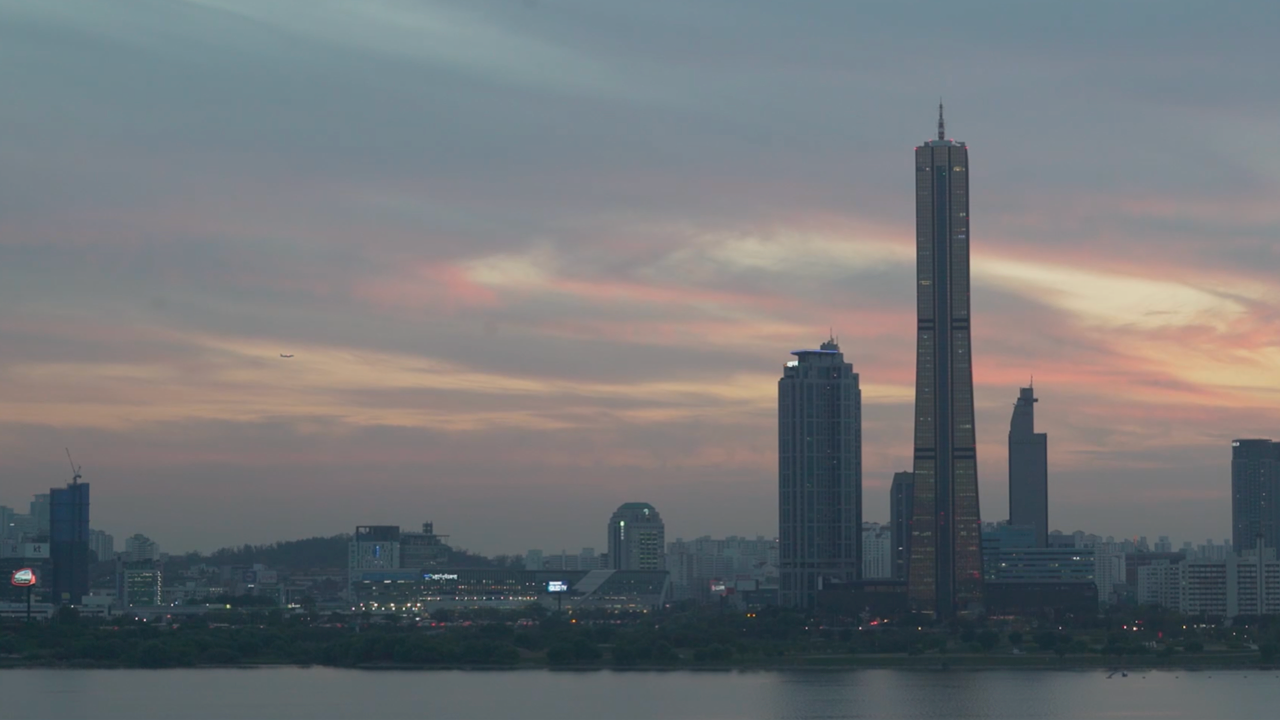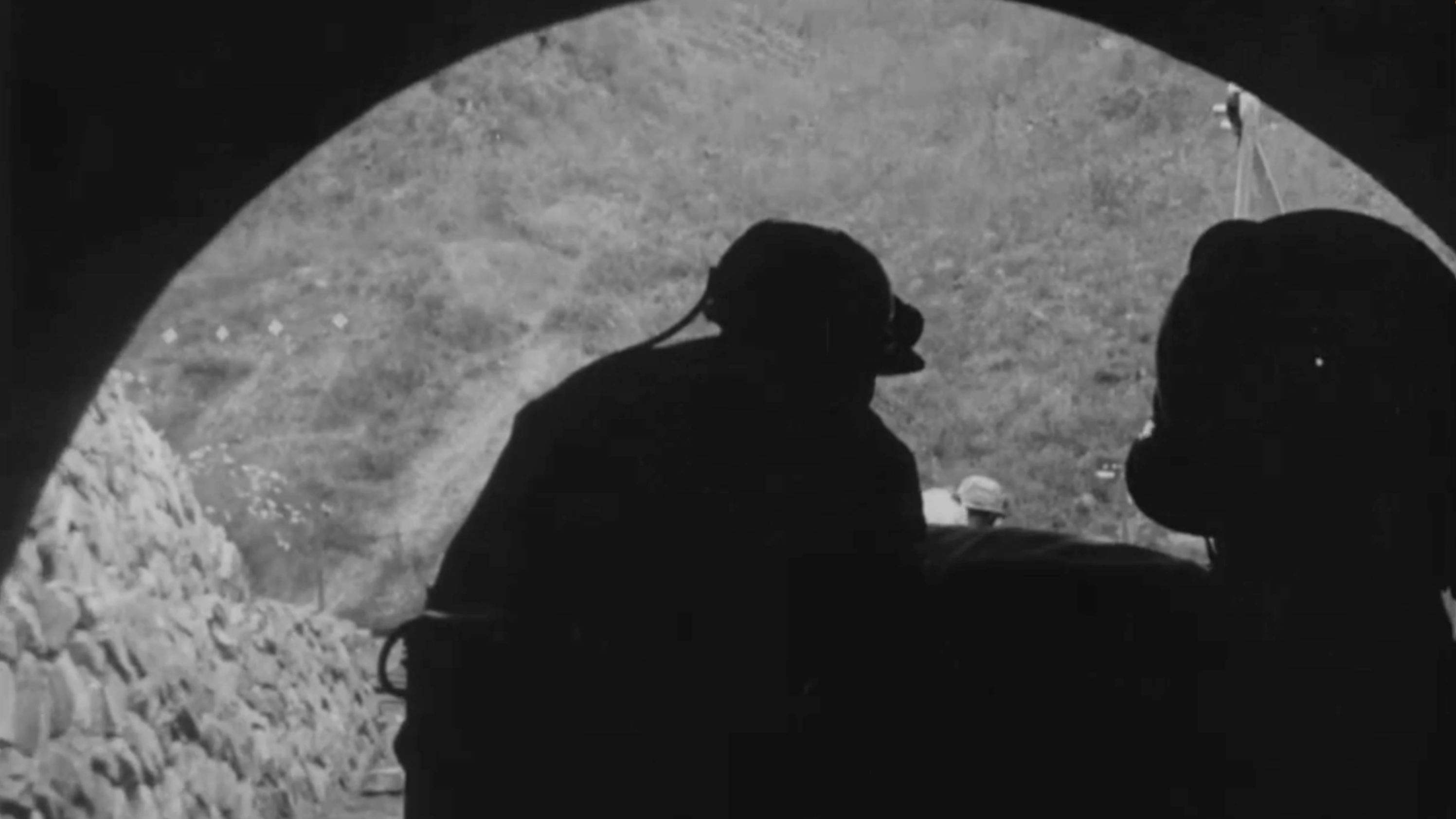trailer
Synopsis
My father, with whom I had cut off ties for years, showed up one day with terminal cancer. What I first felt at the hospital was not sadness or anger, but an odd embarrassment. The story takes place a year after my father's death. Mom suggests that we visit his grave. When we finally arrive at the cemetery park, we wander around the cemetery having no clue where his grave is. I thought that getting lost in the cemetery symbolized the state of our family relationship. My younger sister didn't tell anyone about dad's death, mom changes the subject whenever deep emotions seem to come out, and I feel like visiting his grave is awkward and pointless. Only women are left in this family now. We no longer have to deal with dad's toxic presence in our lives. Still, something seems off, although no one talks about it. I want to break this uncomfortable silence.
Director’s Note
In Korea, families are often tied together regardless of the family history, relationships, and bonds. Many social security systems that support people's lives rely on patriarchal familism—and mostly women are forced to take that role. Merry Go Round looks back at our memories and finds what “family” really means and which “role” we have tried to play throughout our lives. Even though we don't have to deal with dad's toxic presence anymore, the concept of an “absent father or husband” still affects our lives. This film is a journey to understand how old concepts of a family have suppressed us and evoked subtle uncomfortable emotions. It's an attempt to track down how intimacy and bond collide with the material and socioeconomic conditions the family is standing and to build an alternative relationship between the three women.
시놉시스
오래 전 연락을 끊은 아빠가 암 말기 판정을 받은 채 나타났다. 병원에서 다시 만난 아빠를 보며 느낀 첫 감정은 슬픔도, 분노도 아닌 이상한 당혹감이었다. 이 이야기는 아빠가 죽은 1년 뒤, 성묘를 가면서 시작한다. 가족들은 수많은 묫자리 중 어떤 것이 아빠 자리인지 몰라 묘지를 한참동안 헤맨다. 나는 묘를 찾지 못하고 계속 헤매는 일이 우리 가족과 아빠의 관계를 상징적으로 보여준다고 생각한다. 동생은 아직 아빠의 죽음을 아무에게도 알리지 않았고, 엄마는 아빠 이야기가 나올 때마다 말을 돌린다. 아빠가 죽은 뒤에도 우리는 우리를 휘감고 있는 이 이상함과 억눌린 감정들을 이야기하지 않는다. 나는 남은 두 여자들과 함께 이 불편한 침묵을 깨고 싶다. 우리는 아빠를 그만 버릴 수 있을까?
기획 의도
한국 사회에서 가족은 그 가족의 역사, 관계성, 유대감과는 상관없이 한데 묶여지는 경우가 많다. 사람들의 삶을 지탱하는 많은 사회 보장 체계 또한 ‘정상가족' 이데올로기에 기대고 있고, 그래서 보통 돌봄과 부양은 일차로 가족이 책임져야 ‘정상’이라 여겨진다. 이 영화는 장시간 단절된 가족 관계 내에서도 부양과 돌봄의 의무는 그대로 전가되어야 하는지, 그 과정에서 쉬이 해소되지 않고 고여만 있는 감정적인 요소들은 오롯이 개인의 책임이라 할 수 있는지, 혹 이러한 고민이 '의무'나 '책임'이라는 단어의 무게 뒤로 밀려나 너무 부차적인 것으로 여겨지지는 않는지 돌아보고 곱씹어본다. 그리고 이를 통해 세 여성을 억압해왔던 어떤 낡은 개념을 버리고 새롭게 관계를 만들어갈 수 있을지를 탐구해보고자 한다.





